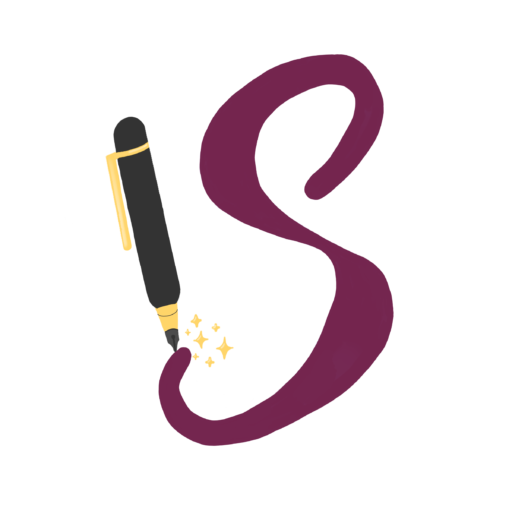This post should inspire you to think creatively in relation to the following prompt and is especially targeted at creative nonfiction writers.
Write or draw about something that makes your heart soar this spring. Are you planning a road trip? Do you finish university soon? What excites you about the near future?
Suggestions for Nonfiction Writers
Spring is a season associated with hope. How can you exploit this theme of optimism in your own work?
Let’s start with holidays out on the open road. You might think of trips across the Rocky mountains, or along route 66 terminating in California. Perhaps shorter road trips come to mind, up to the North of England, marked out for you by the iconic Angel of the North. You might even consider writing about a religious pilgrimage. Whatever comes to mind when the words ‘road trip’ are mentioned, take a pen and jot down some notes.
When you’re working with the tricky substances that are memories or dreams, as you so often are within the creative nonfiction genre, you need to consider what parts of the historic past or speculative future will comprise the most interesting story. I encourage you to be bold. Take a big red felt tip and cross out all of the monotonous and dull details which will bore your reader. Just because it happened or you want it to, doesn’t mean it should be in the story! Once you have done that, take a green fine liner and add details to the parts remaining, perhaps embellish a few. The work should be creative after all. You are not writing the script for a documentary, you are playing with the possibilities of docudrama. Make the most of this freedom!
Recommended reading:
The nature of road trips lends itself to travel writing. One of the best travel writers you will encounter is Bill Bryson. Check his work out if you find that you want to discuss elements of holiday-making and travelling in your piece about road trips.
Now we can look at the significance of spring in the calendars of students. In the UK, most students, including ones at school, as well as university, take their final exams during the late spring months. This leads up to a long and enjoyable summer holiday in the sun. This is particularly exciting for university students who get a considerable amount of time off during the summer vacation after working intensely all year. For this reason, spring is a tough but exciting time for students as they study hard knowing that days in the sun are almost upon them. Hopefully, this will be an interesting starting point for many of our Spellbinder contributors, a significant proportion of whom are students.
How can you explore the unique combination of excitement and stress, longing and anxiety? How can you think about the sense of achievement when the academic commitments of the year have finally been completed and you can be proud of all you have worked towards? How is this process intensified for final year university students? What is it like to enter into the summer months knowing that when the days grow shorter and colder again, you won’t be returning to the familiar campus setting on which you’ve spent the last few years?
A piece of work of this nature requires a lot of self reflection and analysis of one’s own emotions. In order to do this effectively, I would encourage writing a diary to record these emotions, but do not try to solidify and perfect them into a creative nonfiction piece until you have let some time pass. Time will give you the distance required to write well.
Recommended reading:
If you want to consider the significance of various seasons and annual routines for students, you may want to look at a genre of literature called the campus novel. Although these are often fictional works, they should still provide some inspiration for your creative nonfiction too. An interesting campus novel loaded with lots of interesting themes such as class and race, is Zadie Smith’s On Beauty. Check it out and you might just remember some of your own unique experiences on campus and begin to think about how these might influence a piece of writing about the end of the academic year.
We would love to read anything you produce on this theme.
Amber Kennedy, Editor-in-Chief
Photo by Lukáš Dlutko from Pexels
